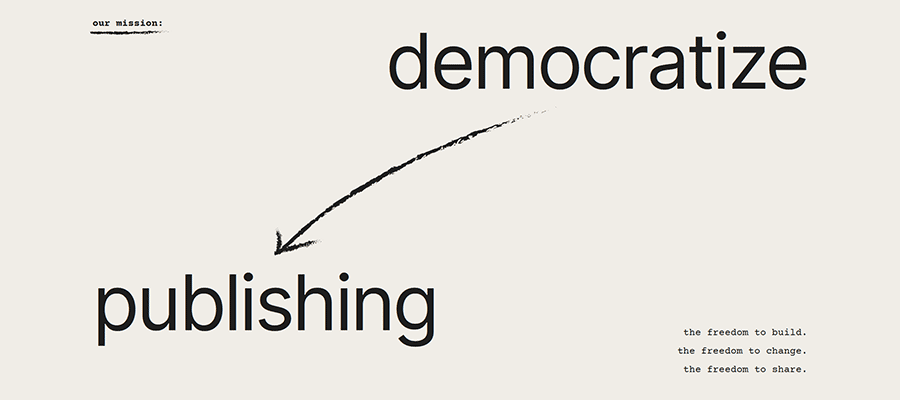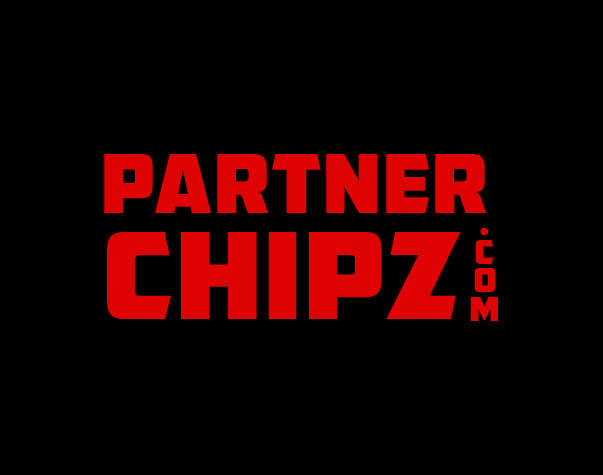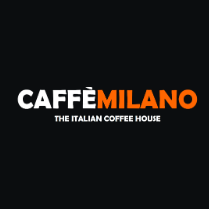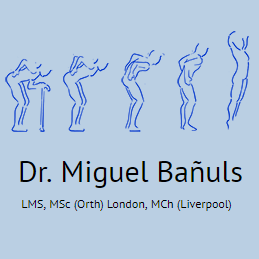It seems like an odd mix on the surface. On one hand, WordPress is a content management system (CMS) that aims to democratize publishing.
It’s right there in the mission statement. That harkens back to its roots as a blogging platform. We install the software and push our content out into the world.
On the other hand, WordPress has become a tool to make money. Freelancers, agencies, and DIY users can build commercial websites with it. Developers create themes and plugins as part of an ecosystem.
Just so we’re clear: A corporation can use WordPress to bolster its billion-dollar portfolio. Just as a teenager can publish their thoughts.
Perhaps this sounds like two mutually exclusive ventures. However, they’ve coexisted for over 20 years.
That’s the juxtaposition of free, open-source software. So far, WordPress has handled it as well as anyone.
How has the project done it? And what potential risks could derail the balance? Let’s attempt to make sense of it all!
A Foundation for the Web
WordPress project co-founder Matt Mullenweg has said he wants the software to be the “operating system for the open web.” It’s one way to marry commercialization with democratization.
It makes sense for content creators and site builders. The software serves as a foundational piece. It’s free, widely supported, and extensible. Take it and build whatever you want.
This idea borrows from operating systems like Linux, MacOS, and Windows. They lay the foundation for a variety of use cases. An enterprise IT department depends on an OS. So does a student or small business.
Free software lowers the barrier to entry. Sure, there’s a cost associated with hosting a website. However, you’re not stuck with a particular host. WordPress is open-source. It can be hosted just about anywhere – even on a local machine.
This allows for a multitude of possibilities. One can publish, make money, or both. Those interested in web development can learn the software’s inner workings.
Expand it, change it, or use it as-is. That’s the flexibility of WordPress.
The Challenge of a Diverse User Base
As a project, WordPress has adeptly walked a tightrope. It has provided an opportunity for people around the world. It has also created an economy based on its ecosystem and custom development potential.
Maintaining balance is a challenge – and a great responsibility. The software must remain an attractive option for both camps.
Bloggers and small organizations depend on WordPress for low-or-no-cost flexibility. Developers, freelancers, and agencies want a powerful tool to fuel their growth.
That’s why some features spark debate. Take the Block Editor, for example.
Theme and plugin developers were concerned about this shift toward block-based content. How would it impact their products? Would they be rendered useless? Or require a complete overhaul?
Everyday users also had concerns. Would a new editing experience make it harder to publish blog posts? How large is the learning curve? Would it leave their existing website in the dust?
User perception also plays a role. Some may see a feature as favoring one side or the other. Sometimes, commercial and individual interests diverge.
That places project leadership in a tough spot. You can’t please everyone. But serving a diverse user base is part of the job.

Keeping the Coexistence for Years to Come
So, how can WordPress continue to provide the best solution for both worlds? It will take a concerted effort. And things seem to be off to a good start.
Recent years have seen a focus on ease of use. In addition, tools like the Site Editor aim to make a default WordPress install more powerful. Plans for a redesigned admin interface are also in the works.
These are all positive steps. A more user-friendly WordPress opens the door to attracting more users. Novices will be able to get started more quickly.
There are also opportunities for those with a commercial agenda. Commercial block themes have yet to take off. But block-based plugins have. There is plenty of space for growth in these areas.
What could go wrong? There are a few potential trouble spots.
A change in project leadership could push WordPress in a more commercial direction. A new regime could theoretically focus on features that primarily benefit corporate users.
The composition of WordPress project teams could also have an influence. Yes, some contributors are volunteers. However, sponsored contributors are only increasing their role in how things work.
One or more sponsor companies may gain an outsized say in the future. What if a future WordPress version integrated something akin to Google’s AMP? This nominally open-sourced technology caused a stir. This sort of move could harm the software’s reputation.
That’s just an example – however unlikely. The point is that maintaining balance requires stewardship. It’s an important part of the project’s future success.

It’s Possible to Do Good and Make Money
As a market leader, WordPress is in a unique position. It’s not a commercial product. However, we can use it for commercial purposes.
The software can also give an online voice to just about anyone. It’s a tool that facilitates free speech – even if a person’s circumstances can get in the way.
And, unlike large companies, the WordPress project isn’t beholden to anyone. For example, it doesn’t have to bend to the will of an oppressive regime to access its people. There’s no profit or shareholders to worry about.
Let’s hope it stays that way. We’re living in a world where costs are rising – as are barriers. WordPress bucks this trend as free software.
All you need is a copy of WordPress and an idea. What’s next is up to you.
How WordPress Democratizes Publishing & Fuels an Economy Medianic.















